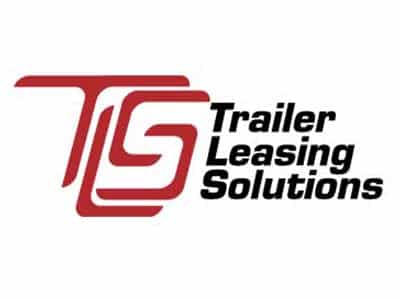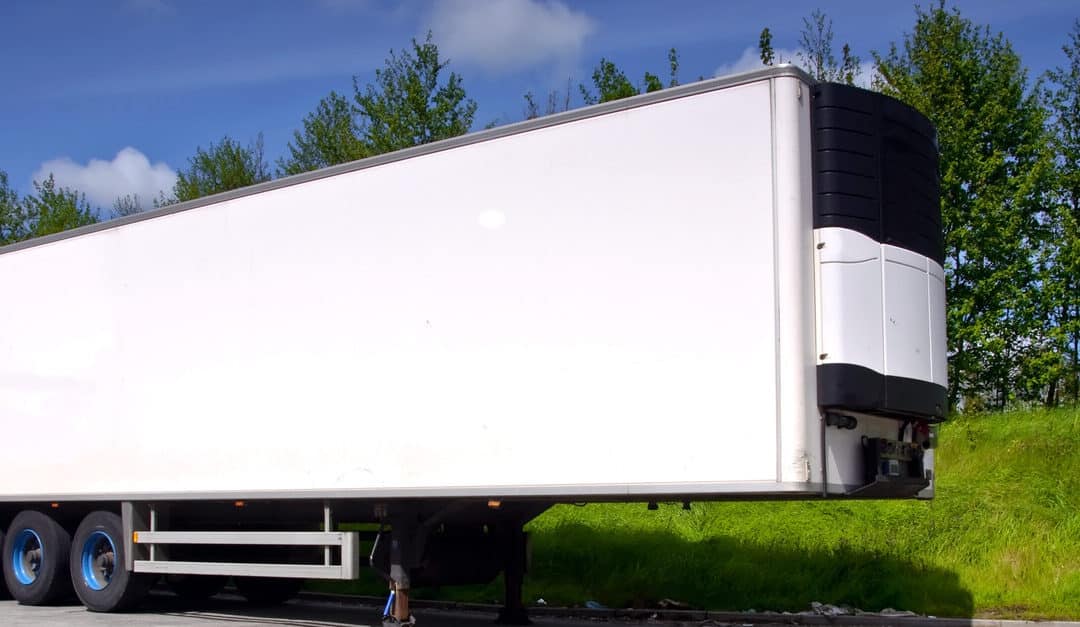A reefer trailer can be an effective tool when a warehouse or a manufacturer must transport or store goods that can easily perish without refrigeration. Leasing one of these containers can allow these companies to enjoy various advantages, including avoiding the costs of ownership. However, before moving forward with a lease, there are several factors to review to ensure the decision aligns with your business goals. Read on to learn the key considerations to make when exploring reefer trailer leases.
Make Sure You Lease From a Reliable Supplier
One thing you should consider before forming an agreement is whether you can trust the trailer leasing company. A reputable provider offers more than just reliable equipment—they provide peace of mind. Assess the company’s track record by examining its experience in the industry, reading reviews, and confirming customer satisfaction.
They should also demonstrate expertise about how to minimize potential risks in your supply chain operations. Thorough research upfront can make a significant difference in the quality of the leasing experience.
Confirm the Agreement Will Meet Your Business’s Needs
Another key consideration when exploring reefer trailer leases is whether the terms of the agreement align with your financial and operational strategies. Review the contract terms carefully, including pricing and lease duration.
Negotiate where possible to create an arrangement that minimizes unnecessary constraints and supports your business goals. A transparent, fair agreement will facilitate a smooth relationship with the provider.
Ensure the Trailer Is Large Enough for Your Cargo
You should evaluate whether the trailer you are considering is the right size to ensure your operational efficiency. The dimensions of the trailer must align with the products you plan to transport and their size.
A space that is too small could lead to logistical challenges. Cross-check the specifications offered by the leasing company with your requirements to find an ideal match.
Make Sure the Trailer Meets Industry Regulations
Finally, it is important to ensure that the trailer you plan to lease complies with the FDA standards for food transportation. This is a non-negotiable aspect of leasing a reefer trailer.
Confirm that temperature control systems, cleanliness standards, and additional features required for regulatory adherence are in place. Addressing compliance early reduces the likelihood of facing penalties or disruptions to your operations.
Leasing a reefer trailer can significantly enhance logistical efficiency for your warehouse or manufacturing firm. Take the time to evaluate the factors listed above, and you’ll be set to make an informed decision that supports long-term objectives.
You can also better ensure your success by partnering with a provider like Trailer Leasing Solutions. Our employees will work to provide you with a trailer and leasing agreement that will benefit your business and allow you to meet your customers’ needs.



